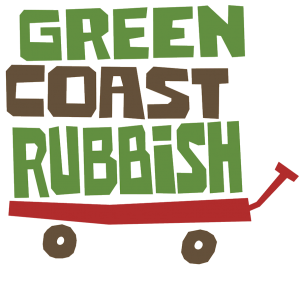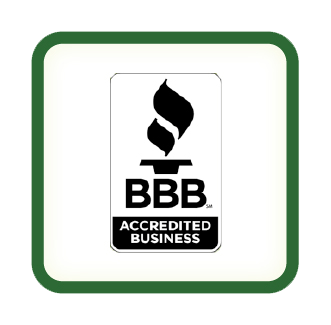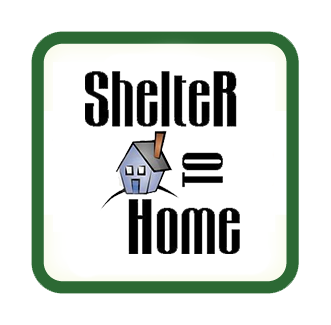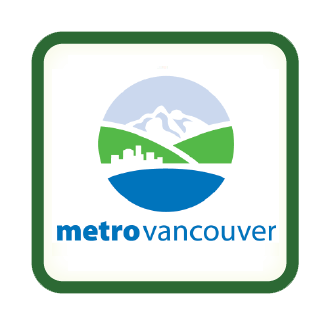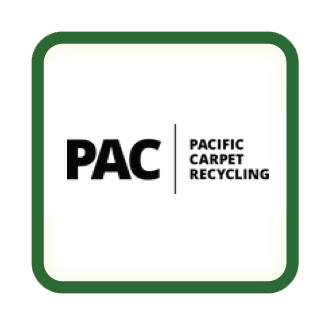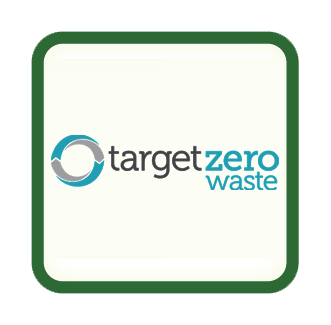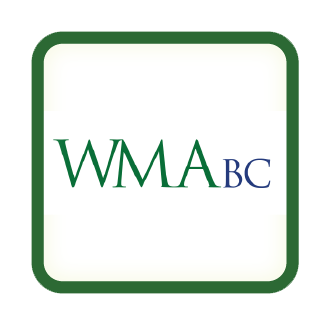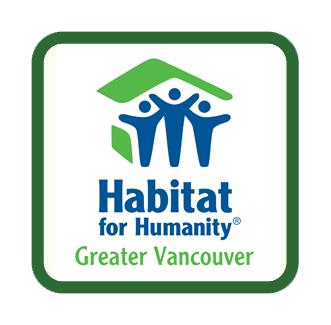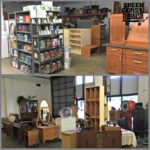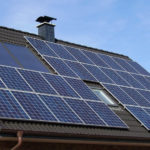The City of Vancouver and Metro Vancouver banned all food scraps from the garbage back in 2015. Your food isn’t garbage and organic waste must be separated and recycled. Stats on the City of Vancouver website state, food scraps make up 40 percent of the garbage going to our landfills.
Organic materials are reusable. They create greenhouse gases in landfills. Composting plays a key role for a sustainable future in BC and globally. At Green Coast Rubbish we are committed to helping create a greener future. In this post, we want to share our composting tips!
What To Compost?
What counts as compostable material? First, it is important to know exactly what can be composted in Vancouver. Sometimes it can be difficult to determine exactly what is considered compostable material. Vancouver has a very specific set of guidelines, to help you determine exactly what you should put in your composting bin.
For a more detailed guide of items that you should include or omit from your organics bin, visit facts about the Green Bin Program. In general, most biodegradable materials are composted. Below is a short list of everything you can put in your green bin in Vancouver.
- Dairy products, including cheese and yogurt

- Eggshells
- Fruit and vegetable scraps
- Meat, bones, fish, and seafood shells
- Noodles, rice, beans, grains, and bread
- Plate scrapings
- Empty cereal boxes (no plastic liners)
- Paper bags
- Parchment paper, wax paper, and waxed cardboard
- Pizza boxes
- Newspaper (for wrapping food scraps or lining kitchen containers)
- Used paper dishes (no plastic coating)
- Leaves and grass clippings
- Weeds, plants, and flowers
How Do I Compost In Vancouver?
Composting is mandatory in the City of Vancouver. There are a set of rules that everyone must abide by to ensure composting is completed properly. If you live in a house, duplex or certain multi-unit residential buildings you should be able to put all of your organic waste in green bins, provided by the city.
These look just like your regular garbage bins, except they have a green lid. If you live in a larger, multi-unit residential complex, there should be an on-site organics management system in place. For a detailed description of Vancouver’s specific guidelines visit their residential recycling program site page.
Make Composting Fun!
Composting can be fun and it is a great way to teach friends and family about the benefits of sustainability. There are many different ways to incorporate composting into your everyday life.
You can choose to save some of your biodegradable materials and convert them into new soil and mulch. Simply mix your organic food scraps with some soil in a composting bin. This will decompose and create nutrient-rich dirt. You can use it in your garden to nourish flowers and vegetables that you grow.
Growing a family garden is an excellent way to get your kids involved in composting early. You can teach them about what materials are biodegradable, and the reasons composting is important.
At Green Coast Rubbish, we believe that everyone should contribute to a greener future and we know that composting is a great way to get started!
